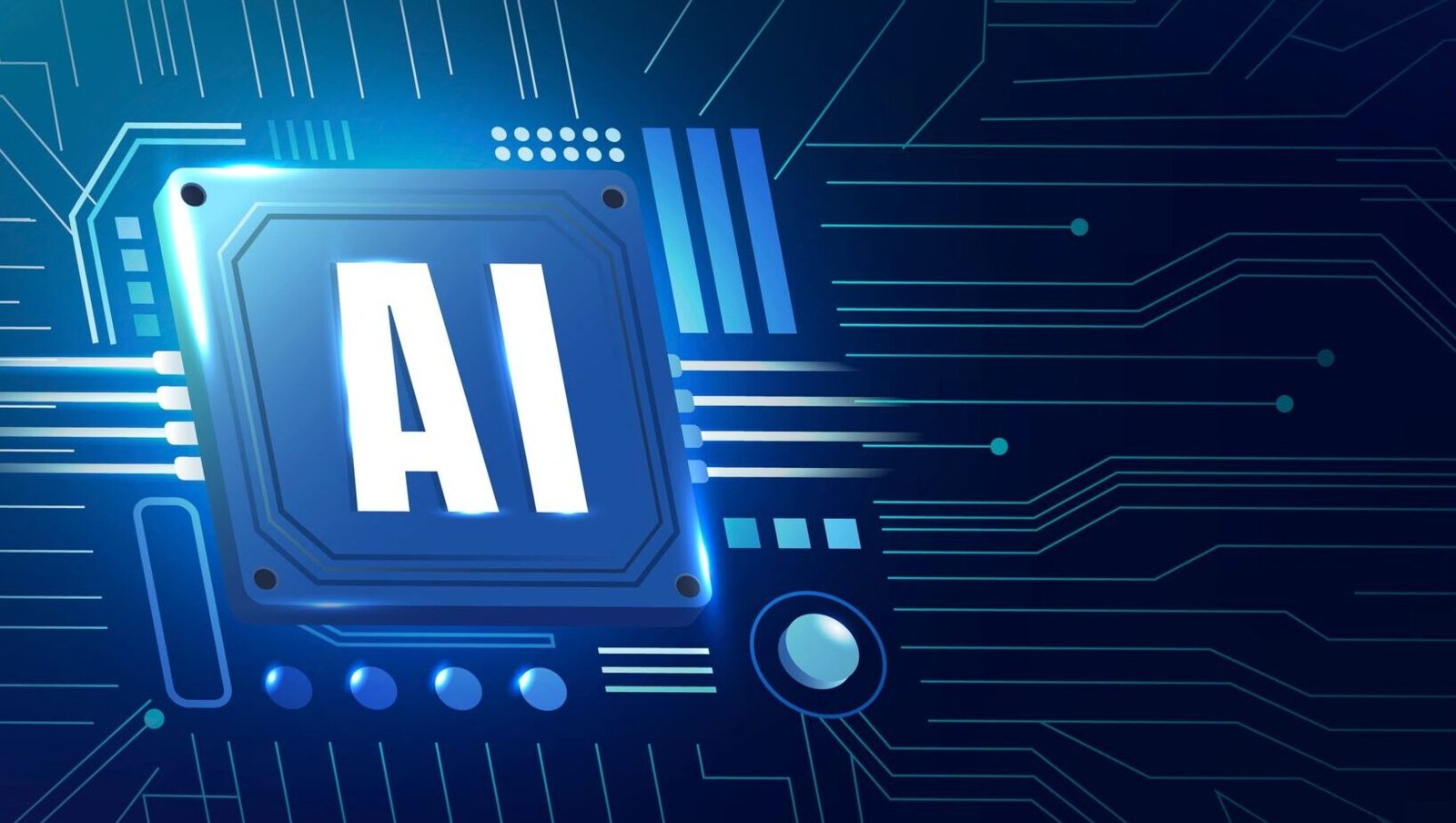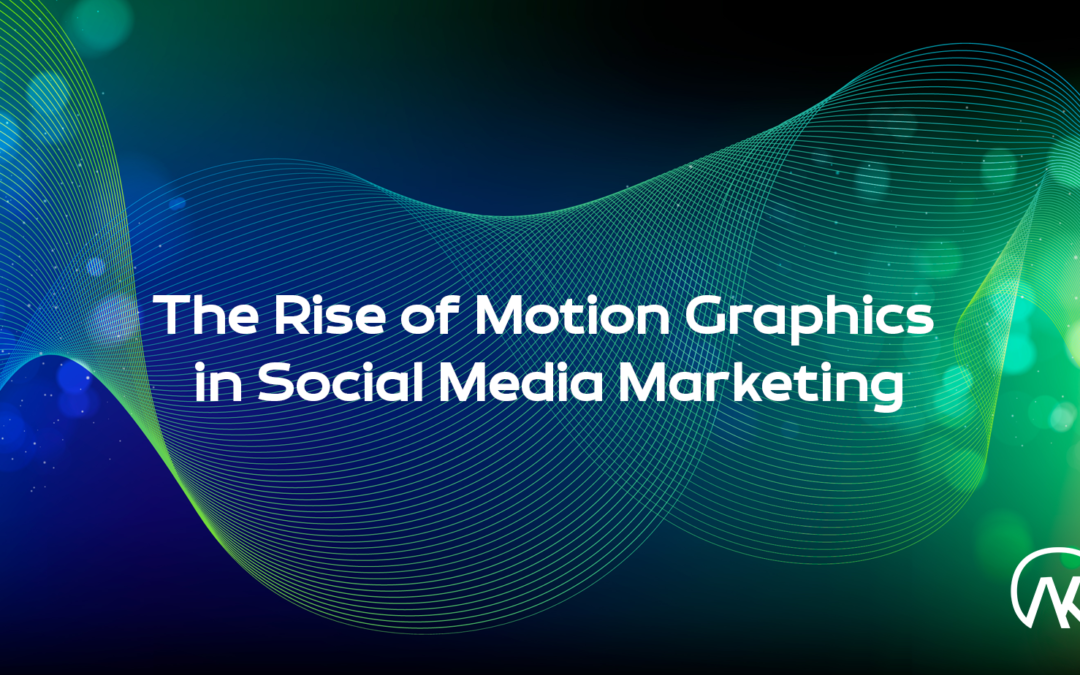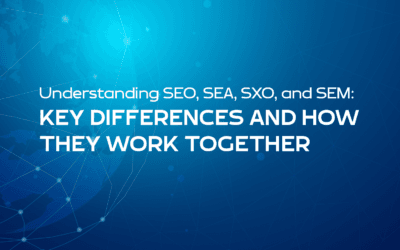Artificial Intelligence (AI) is one of the most fascinating and revolutionary areas of modern technology. In this article, we dive into the world of AI, exploring its applications, how it works and its impact on our society. Whether you’re new to the subject or passionate about it, this article offers a fascinating insight into what the future could hold thanks to AI.
Post Outline
Understanding Artificial Intelligence
Artificial intelligence, often abbreviated to AI, is a field of computer science that aims to create systems capable of thinking and acting autonomously, similar to human intelligence. AI algorithms are designed to process large amounts of data, find patterns and make decisions based on these patterns. The ultimate goal of AI is to create machines capable of solving complex problems in a way similar to a human being.
1. What is artificial intelligence?
Artificial intelligence (AI) is a field of computer science that focuses on creating computer systems capable of performing tasks that typically require human intelligence. These systems can understand, learn, reason, plan, perceive or manipulate natural language.
2. Understanding the concept of artificial intelligence :
Understanding the concept of artificial intelligence involves grasping how machines can be designed to imitate human behavior using algorithms and computational processes.
3. The origins and big data of AI:
AI has its origins in the 1950s, with researchers such as Alan Turing. Since then, it has experienced several waves of interest, with periods of major advances and stagnation.
4. How AI works :
How does AI work? Artificial intelligence uses deep neural networks to learn from data and predict outcomes. With Deep Learning and Machine Learning, computers are equipped with cognitive capabilities and can automate complex tasks. The neural network is trained through parameters and considerable computing power to generate artificial intelligence tools capable of forcing decision-making. The AI can be either weak or strong, depending on the context. AI applications range from fraud detection to behavior prediction. In the future, AI like OpenAI could even develop super AI, taking the history of AI from science fiction to reality.
5. What are the different types of artificial intelligence?
The different types of artificial intelligence include strong artificial intelligence, which is the ability of a computer system to think autonomously and solve complex problems.
On the other hand, weak artificial intelligence is limited to specific tasks and cannot function autonomously.
Cognitive artificial intelligence aims to reproduce human thought processes, while super artificial intelligence far exceeds human capabilities.

AI Applications
Artificial Intelligence (AI) applications have become ubiquitous in our modern society, transforming the way we interact with technology and influencing a variety of fields. From voice recognition to autonomous cars and personalized recommendations on streaming platforms, AI is playing a growing role in many aspects of our daily lives and industries. This technological revolution is paving the way for exciting new possibilities, while also raising important ethical and social questions. In this introduction, we will explore some of the main applications of AI and their impact on our ever-changing world.
1. How AI is used in everyday life :
How AI is used in everyday life: Thanks to the use of artificial intelligence, AI applications have become ubiquitous in our everyday environment. Mice like GPT-4 are able to generate text in a way that is almost indistinguishable from that of a human. Expertly supervised neural networks enable computers to find solutions to complex problems, as Kasparov discovered when playing chess against a robot. Google uses advanced graphics processors to simplify its users’ lives by providing automatic answers. Since the 2000s, AI has progressed exponentially, from John McCarthy ‘s coffee test to artificial super intelligence.
2. Which sectors are benefiting most from AI de-applications?
The sectors benefiting most fromAI de-applications are those that take advantage of advances in super artificial intelligence and supervisedAI. For example, the visual field benefits greatly from the use of AI for supervision and automatic image analysis. In healthcare, AI is being used to diagnose diseases faster and more accurately, thanks to applications such as medical chatbots. Technology companies, such as Google, are also harnessing the power of AI to improve their services and products, based on their data sources and available datasets. Thanks to machine learning, machines are becoming increasingly capable of predicting outcomes andperforming tasks that were once done manually.
3 What are the challenges and opportunities of using AI in various fields?
Artificial intelligence (AI) goes beyond what Alan Turing ever imagined in the course of history. Today, super-artificial intelligence is capable of making faster decisions and performing more complex tasks than a robot. In various fields, such as Google and personal assistants, AI thinks from data and all available data. Machine Learning can be funded by the computing power available, opening up new development opportunities. However, there are challenges ahead, not least funding and the security of handwritten numbers. Striking a balance is essential if we are to take full advantage of AI’s potential throughout the lifecycle of its use.

General vs Specialized Artificial Intelligence
1: What’s the difference between general and specialized artificial intelligence?
General artificial intelligence refers to a human-like form of intelligence capable of performing a variety of complex cognitive tasks, while specialized artificial intelligence is designed to perform specific tasks in a more restricted way. For example, a world-champion chess program is a form of specialized artificial intelligence, as it excels only at chess and is not capable of performing other types of intellectual tasks. On the other hand, super artificial intelligence is a hypothetical concept that far exceeds human cognitive abilities and has been able to rely on advanced general artificial intelligence.
2 What are the sectors benefiting most from AI de-applications?
The sectors benefiting most from AI de-applications are those that take advantage of advances in artificial superintelligence and supervised AI. For example, the visual field benefits greatly from the use of AI for supervision and automatic image analysis. In healthcare, AI is being used to diagnose diseases faster and more accurately, thanks to applications such as medical chatbots. Technology companies, such as Google, are also harnessing the power of AI to improve their services and products, based on their data sources and available datasets. Thanks to machine learning, machines are becoming increasingly capable of predicting outcomes and performing tasks that were once done manually.
3 What are the challenges and opportunities of using AI in various fields?
Artificial intelligence (AI) goes beyond what Alan Turing ever imagined in the course of history. Today, super-artificial intelligence is capable of making faster decisions and performing more complex tasks than a robot. In various fields, such as Google and personal assistants, AI thinks from data and all available data. Machine Learning can be funded by the computing power available, opening up new development opportunities. However, there are challenges ahead, not least funding and the security of handwritten numbers. Striking a balance is essential if we are to take full advantage of AI’s potential throughout the lifecycle of its use.

The Ethical and Social Challenges of Artificial Intelligence
1 What are the risks associated with advanced AI?
The risks associated with advanced AI include loss of control over systems, algorithmic biases leading to discriminatory results, the threat to employment from automation, ethical challenges related to data privacy and autonomous decision-making, technological dependency that can lead to breakdowns or cyberattacks, and the prospect of super-intelligent AI raising questions about the future of humanity. These risks call for in-depth regulation and reflection to ensure the responsible and ethical use of AI.
2 How can we ensure that AI is used ethically and responsibly?
To ensure that artificial intelligence is used ethically and responsibly, it is essential to establish solid legal frameworks and clear ethical standards. Governments and companies need to develop policies that govern the use ofartificial intelligence in different fields, such as health, security and justice.
It is also crucial to involve ethics and technology experts in developing and overseeing the use ofartificial intelligence. These specialists can help assess the potential implications ofartificial intelligence on society, and ensure that measures are taken to minimize risks to human rights and privacy.
Finally, research into super artificial intelligence must be strictly regulated to avoid any catastrophic scenarios. It is imperative to ensure that artificial intelligence systems remain under human control and do not become so autonomous as to threaten humanity.
3 What are the impacts of AI on employment and society as a whole?
The impacts of artificial intelligence on employment and society as a whole are numerous and complex. On the one hand, AI can create new jobs in data science and programming. On the other hand, it may also replace certain traditional tasks and jobs, leading to job losses for certain categories of workers. What’s more, the potential arrival of super artificial intelligence raises ethical and societal questions about the place of man in a world of increasingly intelligent machines. It is therefore crucial for society to reflect on how it wishes to frame the development of AI so that it is beneficial to all.

The Future of Artificial Intelligence
1: What are the prospects for AI in the coming decades?
Artificial intelligence continues to advance at a breakneck pace, paving the way for a future in which machines could surpass human cognitive capacity. This idea of artificial superintelligence raises both hopes and concerns about the future of humanity. While some people see in AI the potential to solve major problems such as climate change or incurable diseases, others fear the consequences for jobs, privacy, and even the survival of the human species. In the coming decades, AI is likely to develop exponentially, opening up new possibilities but also posing new ethical and societal challenges to be met.
2: What areas could AI revolutionize further?
Artificial intelligence has already revolutionized many fields, including healthcare, transport and finance. However, there are still many sectors where AI could bring major breakthroughs. In education, for example, AI could enable greater personalization of learning by adapting to the specific needs of each student. Similarly, in the agricultural sector, AI could be used to optimize crop yields according to climatic conditions and plant nutrient requirements. Finally, in cybersecurity, AI could be a valuable ally in detecting and neutralizing threats in real time, strengthening the protection of sensitive data.
3: How can we prepare society for a future dominated by AI
1. Awareness and education: It is essential to raise awareness of Artificial Intelligence(AI) issues and promote education in this field. Individuals should be informed of the implications of AI on society and the job market, so that they are better prepared for these changes.
2. Vocational training: governments and companies must invest in training workers to acquire the skills needed to work alongside AI. This will ensure that the workforce remains relevant and employable in an increasingly automated world.
3. Ethical development of AI: It is crucial to put in place ethical standards to frame the development and use of AI, to ensure that it is used responsibly and with respect for human rights.
4. International collaboration: Finally, cooperation between countries is essential to regulate AI on a global scale, and to ensure that its applications benefit humanity as a whole. International initiatives to frame AI should take into account diverse cultures and perspectives to ensure an inclusive and equitable approach.

CONCLUSION
Artificial intelligence highlights the many facets of this emerging technology. From understanding how it works and its current applications, to its future development and the ethical and social challenges that accompany it, it’s clear that AI is a transformative force in our modern world. As we explore the opportunities offered by AI in various sectors and industries, it’s imperative to remain vigilant about its ethical implications and impacts on employment and society as a whole. Ultimately, as we prepare society for a future increasingly dominated by AI, we must strive to promote its responsible use and put in place policies and regulations that ensure its benefits while mitigating its potential risks.





